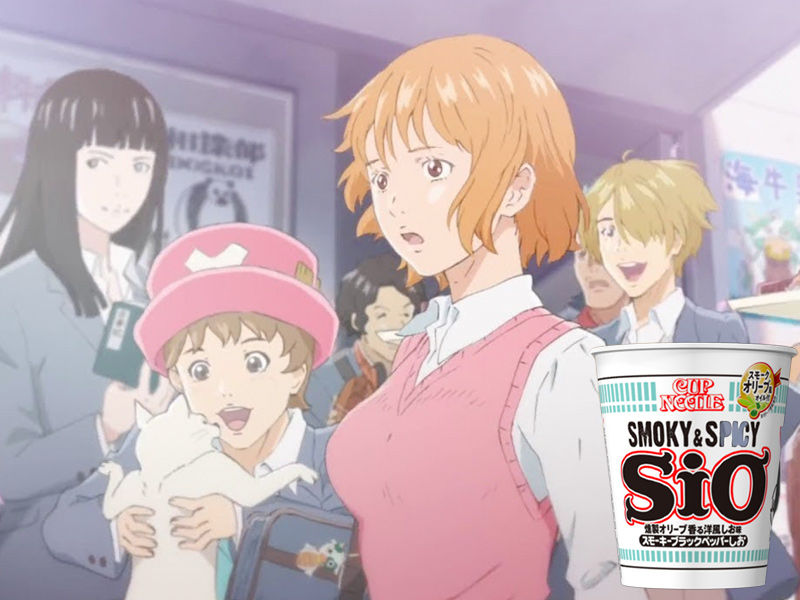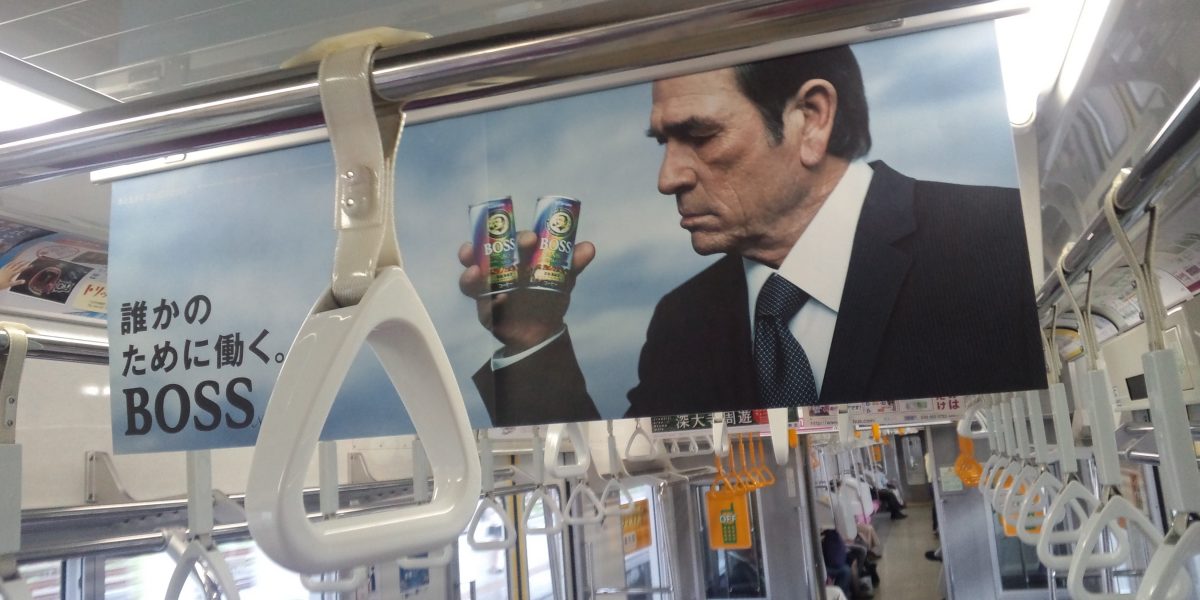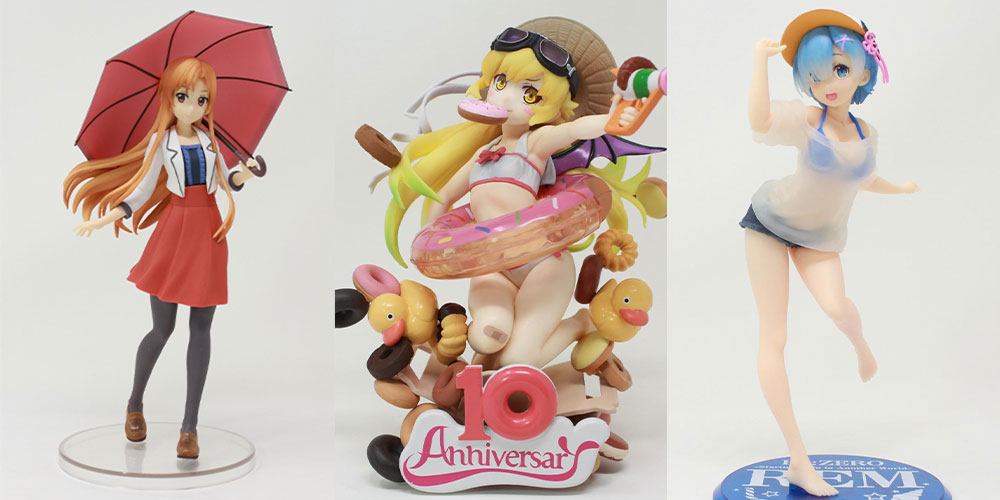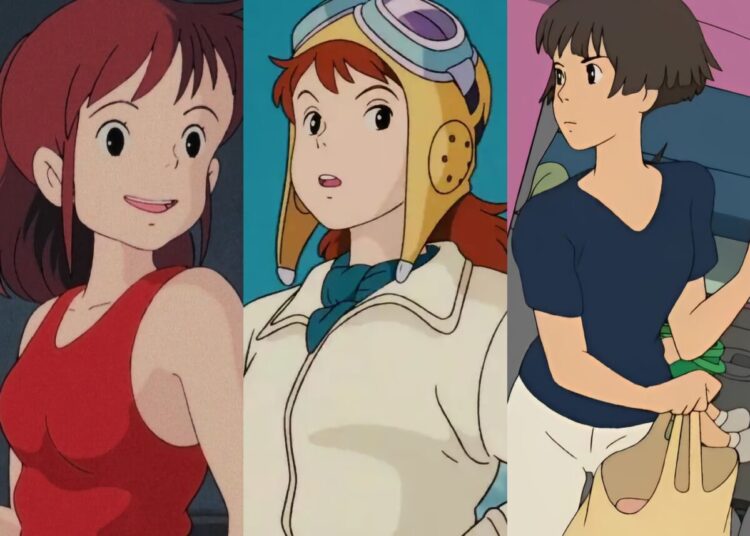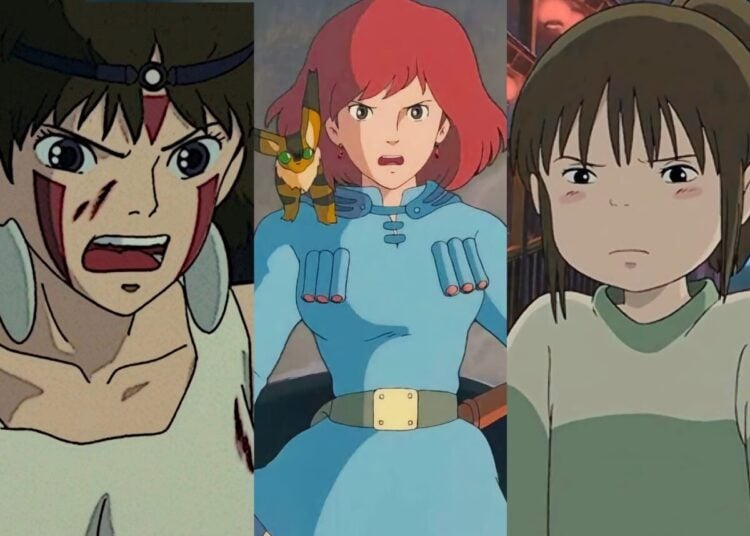While we all might have different opinions on sports teams, politics and who the best seasonal waifu might be, we can probably all agree that Japanese TV commercials are a cut above the rest of the world, offering a level of entertainment and emotional engagement that’s hard to match. Recently the Nissin Cup Noodle company made two of their legendary “HUNGRY DAYS” commercials to commemorate the 20th anniversary of the One Piece anime by re-imagining Zoro and Nami struggling to find their paths in life as normal Japanese high school students.
The second promo focuses on Nami and her life as a high school student! https://t.co/P8zNSuMu6f
— Swaps4 (@Swaps4) September 13, 2019
Japanese TV Commercials Use Emotion
In the two One Piece commercials, or the excellent Kiki’s Delivery Service “sequel” Nissin also made, we basically get a brief snapshot of emotion — the yearning to confess love to someone, the desire to be the best — over a brief 30-second spot that can’t help but capture our attention. Then we get a suggestion to go eat some delicious Nissin cup ramen, which I usually can’t resist.
https://twitter.com/JListPeter/status/1173430179370164225
Japanese TV Commercials Use Famous Faces
Once upon a time, famous movie stars could pick up some extra cash by doing TV commercials in Japan without most Western fans finding out. Over the years Japanese fans have loved Schwarzenegger’s crazy ads for health drinks, Michael J. Fox’s Back to the Future-themed promotions for the Honda Integra, and watching “Bra-Pi,” do what every office worker wishes they could do, push the copy machine down the stairs. There’s even a “secret” series of Japanese Twin Peaks commercials for Georgia Coffee since that show was such a hit here. Tommy Lee Jones has been playing a space alien visiting Earth to observe human society for more than a decade, collecting fat paychecks along the way.
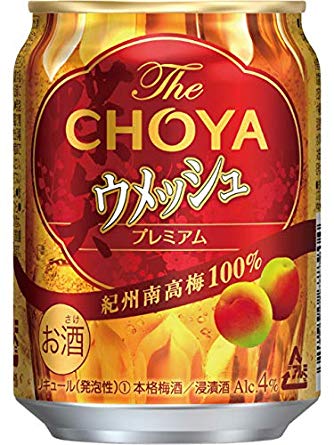
Japanese TV Commercials Use Fancy English
The Japanese consider English to be “cool” and use it in marketing a lot, presumably because it adds a certain je ne sais quoi. One word they think is very cool is “the,” and many products sport “the” in their names, like Choya’s high-end plum wind The Choya Umeshu.
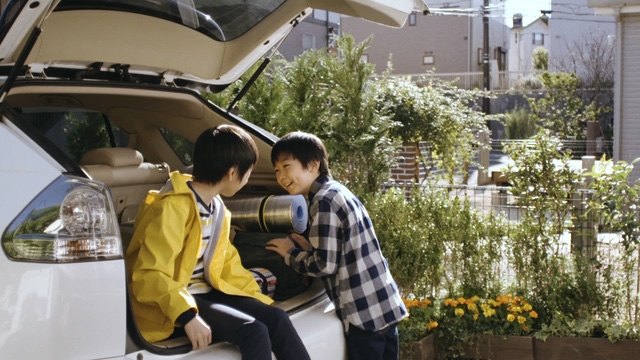
Japanese TV Commercials Hit Below the Belt
I remember a commercial about a daughter who was angry at her father because he was working too hard and endangering his health. The solution was naturally for the father to consume some vitamin drink to ally the daughter’s concern. What father could resist that? Car companies regularly show images of parents enjoying fun times with their children on weekend drives, or the children being protected by the safety features of the vehicle.

Japanese TV Commercials Call You to Action
In marketing, a statement that tries to get you to take some action that might result in purchasing a product is a “call to action.” In the age of Google, pretty much every Japanese TV commercial ends with a visual of text being entered into a search box, encouraging you to search for “Sony car insurance” or “Softbank family discount.” This is known as web誘導 web yuudou, an invitation to search for a keyword the company already ranks highly for.
What’s your favorite Japanese TV commercial? Tell us on Twitter!
Do you love adorable figures from Japan? Of course you do! And we’ve got some adorable ones on the site for you to browse and buy. Check out the J-List figure page here!


